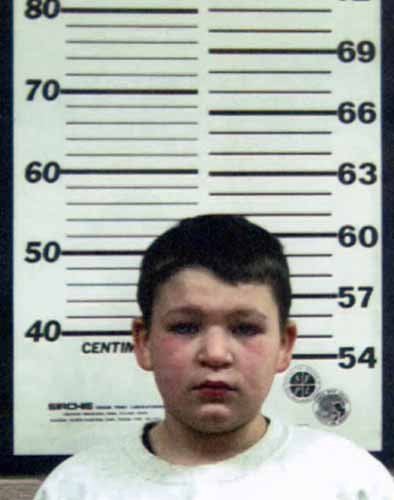
Since the publication of CRAZY, not a week goes by without me getting a letter or email from a distraught parent whose son or daughter has been arrested or is in jail because of a crime that was clearly tied to mental illness. The most common comment that I hear when I am on the road giving speeches about my book is: “You told my story.”
I always feel inadequate when I try to answer requests from other parents seeking help. I’m not a lawyer. I urge people to contact their local National Alliance on Mental Illness chapter or Mental Health America for guidance. I sometimes suggest they contact the Bazelon Center for Mental Health Law. I ask if their local community has Crisis Intervention Trained police officers, a mental health court, or a jail diversion program.
And then I ask them to consider going public. I tell them newspaper and television reporters would be interested if they knew a person was put in jail because of a mental illness. Not everyone feels comfortable being interviewed. It also is never a good idea to expose someone you love to the media if he/she wants to keep their illness secret. Even though my son urged me to write my book, I spent many sleepless nights worrying that our openness about his arrest and illness would harm his future.



